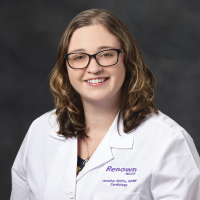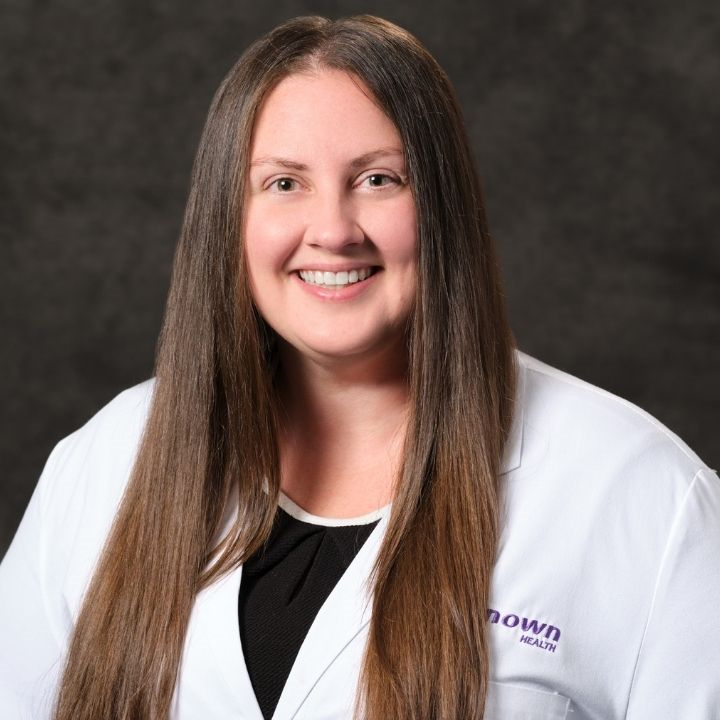Heart Failure Program

Heart Failure Program
Appointments | P: 775-982-2400 | F: 775-982-8020 | Referral Form
If you're a Heart Failure patient experiencing active symptoms, call 775-982-7867
At Renown Health, our nationally recognized Heart Failure Program provides best-in-class diagnoses, treatment and management of heart failure. Patients receive specialized care from our dedicated team of experts which includes nurse navigators, clinical coordinators and highly trained cardiologists. We are proud to serve our community and lead the region in heart failure care.
Heart Care Resources
What is Heart Failure (HF)?
Heart Failure, also known as congestive heart failure, is a chronic, progressive condition in which the heart muscle can’t pump blood efficiently enough to meet the body’s needs. This can happen because the heart’s pumping ability has weakened, or the heart can no longer hold enough blood. The term “heart failure” does not mean that your heart has stopped beating. However, it is a serious condition that requires medical care.
Heart Failure Symptoms
Your body depends on the heart’s pumping action to deliver oxygen-and nutrient-rich blood to the body’s cells. With heart failure, the weakened heart can’t supply the cells with enough blood, and the cells aren’t nourished properly. Without proper pumping, fluid can build up and cause symptoms that everyone should learn to recognize. This can include fatigue and shortness of breath. Everyday activities such as walking, climbing stairs or carrying groceries can become very difficult. Signs and symptoms may include:
- Shortness of breath (also called dyspnea)
- Fatigue causing difficulty to perform everyday activities
- Persistent coughing or wheezing
- Swelling in the feet, ankles, legs or abdomen (also called edema)
- Lack of appetite, nausea
- Confusion, impaired thinking
- Increased heart rate
Heart Failure Treatment
If you have been diagnosed with heart failure, or know someone who has, you’re not alone. Due to an aging population, an increase in cardiovascular risk factors and improved survival of cardiovascular conditions, the prevalence of heart failure is increasing worldwide. Today, more than 6.2 million adults in the United States alone have heart failure.
Care Tailored to You
At Renown Health, we are committed to helping you understand and manage your diagnosis of heart failure. When it comes to you and your health, we know one size does not fit all. Our team will develop an individualized, holistic treatment plan that’s tailored to your unique needs. Our comprehensive approach centers around:
- Lifestyle changes
- Medications
- Devices and surgical procedures if determined the best option
- Ongoing care
Certified Cardio MEMS™ Clinic
With the CardioMEMs™ device, heart failure patients can have their pulmonary artery (PA) pressure monitored without leaving their home. Renown was the first health system in northern Nevada to implement the CardioMEMS™ System to remotely monitor heart failure. It is the first and only FDA-approved heart failure monitoring device proven to reduce hospital admissions.




